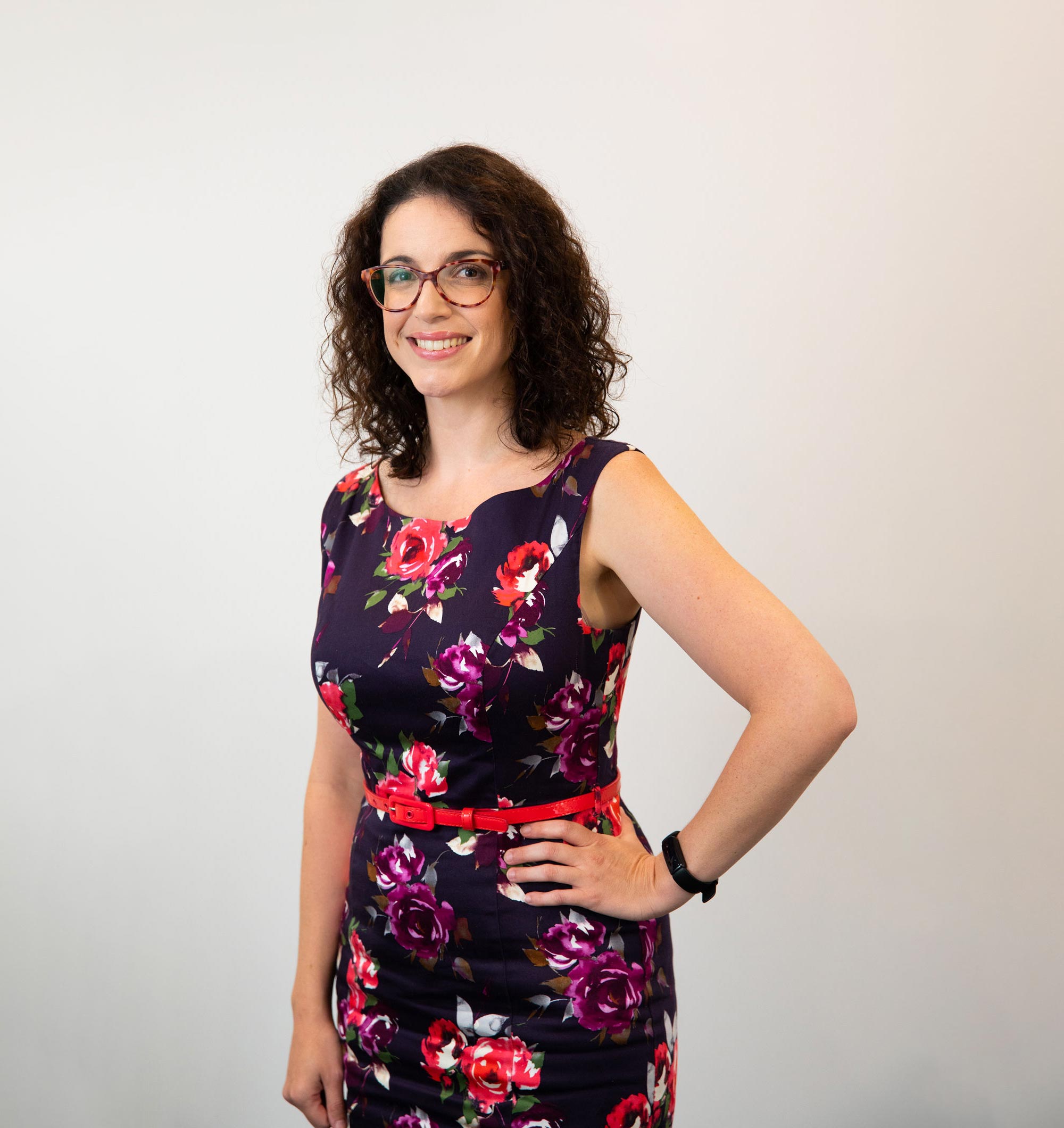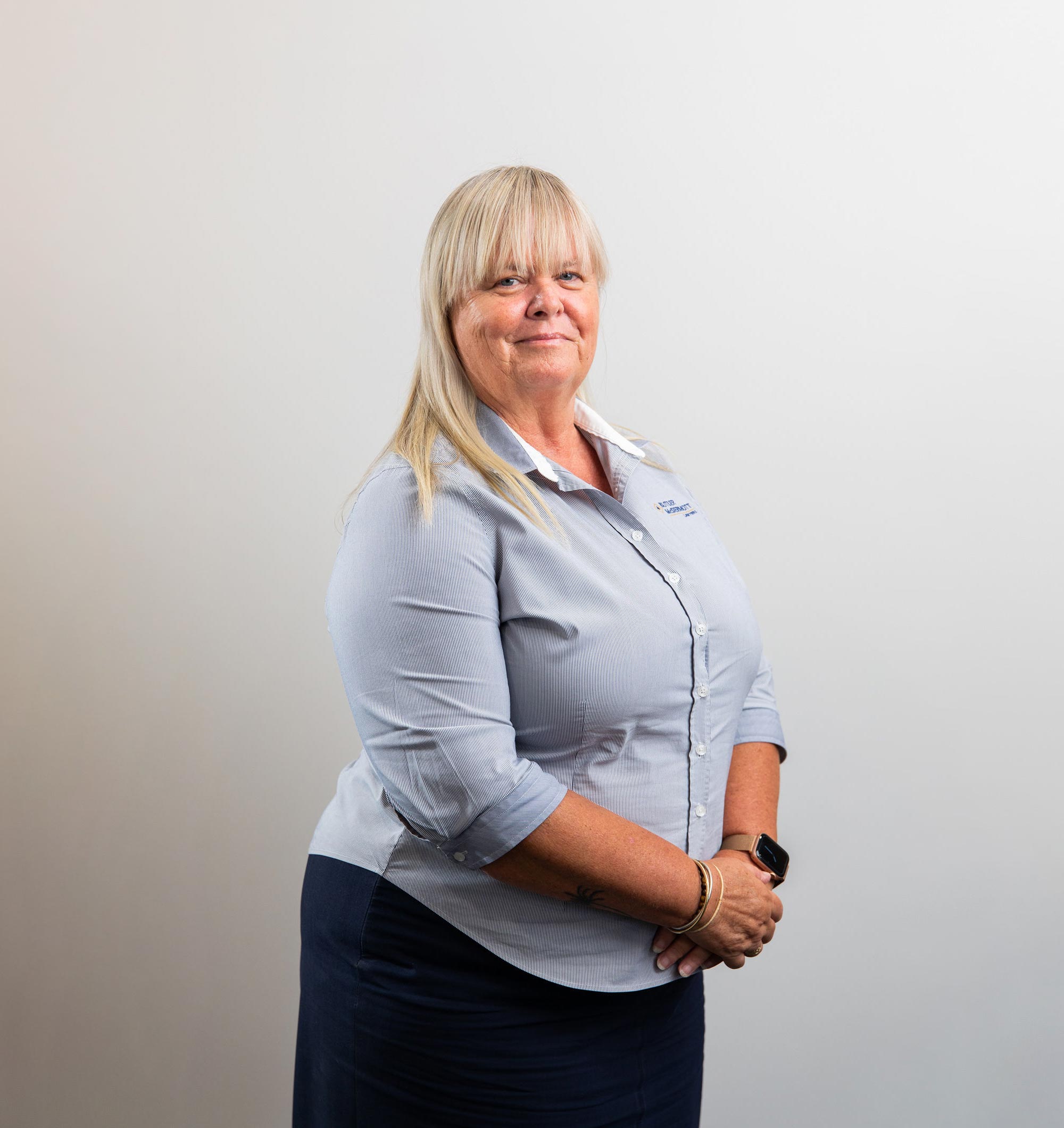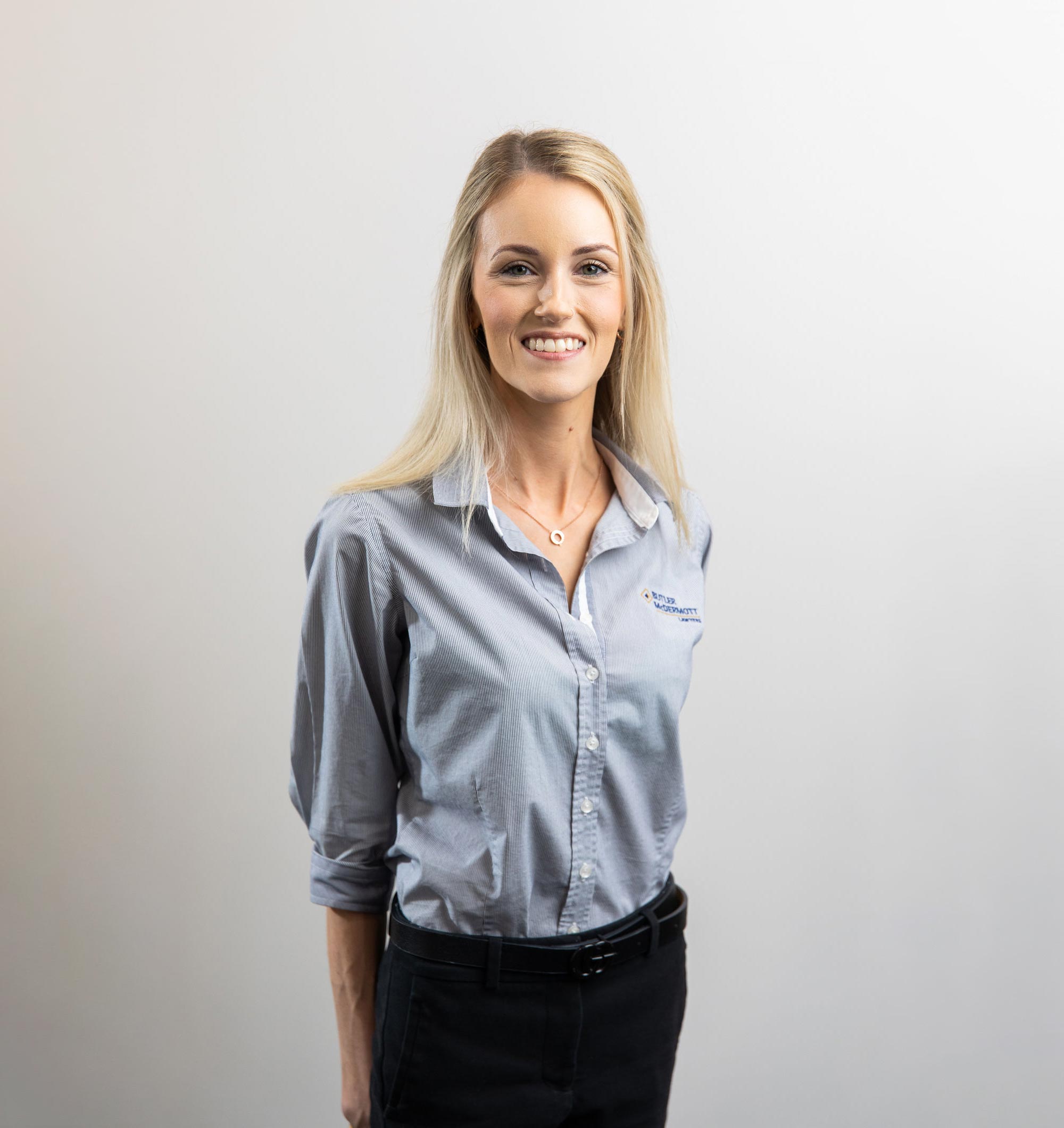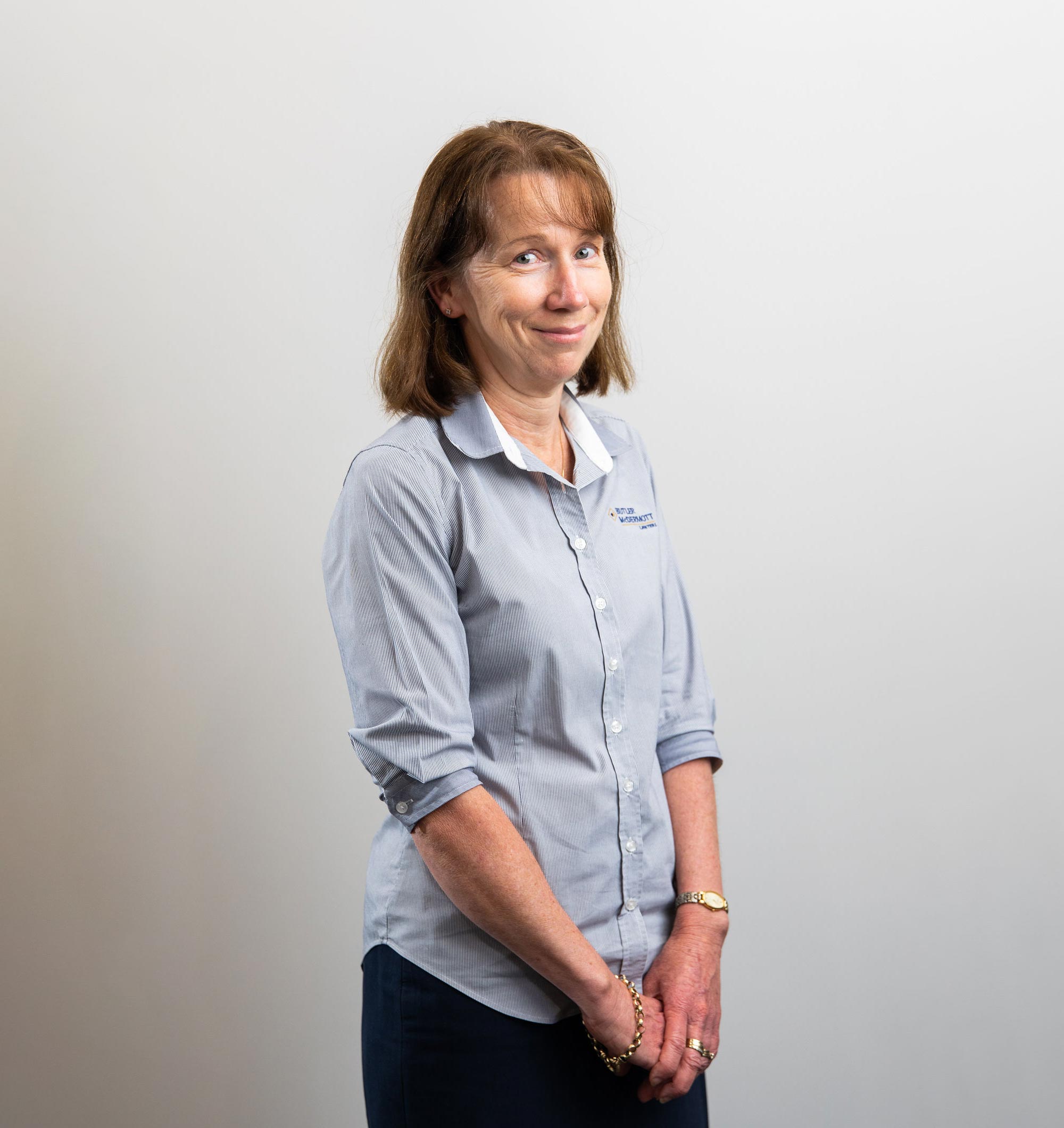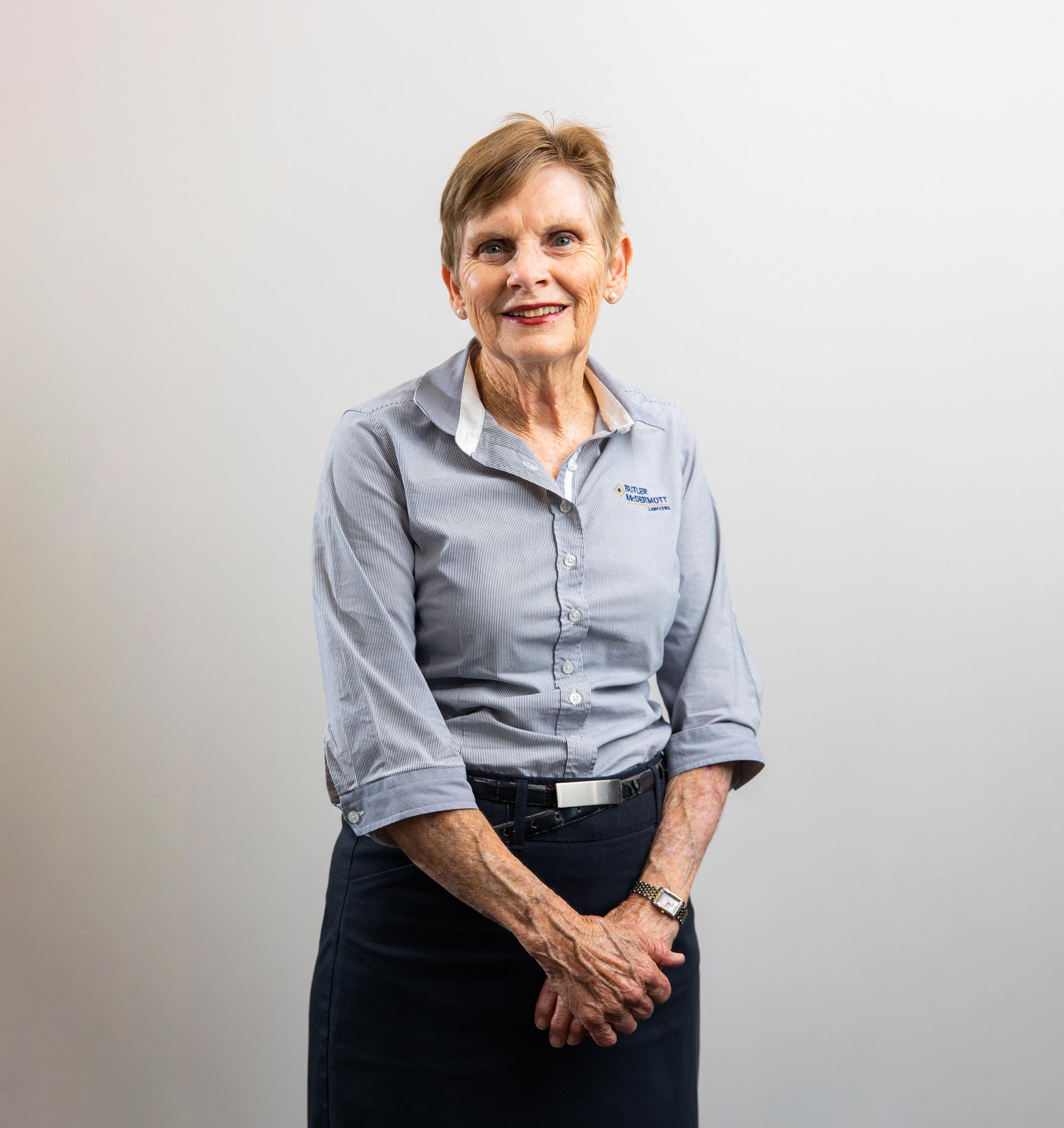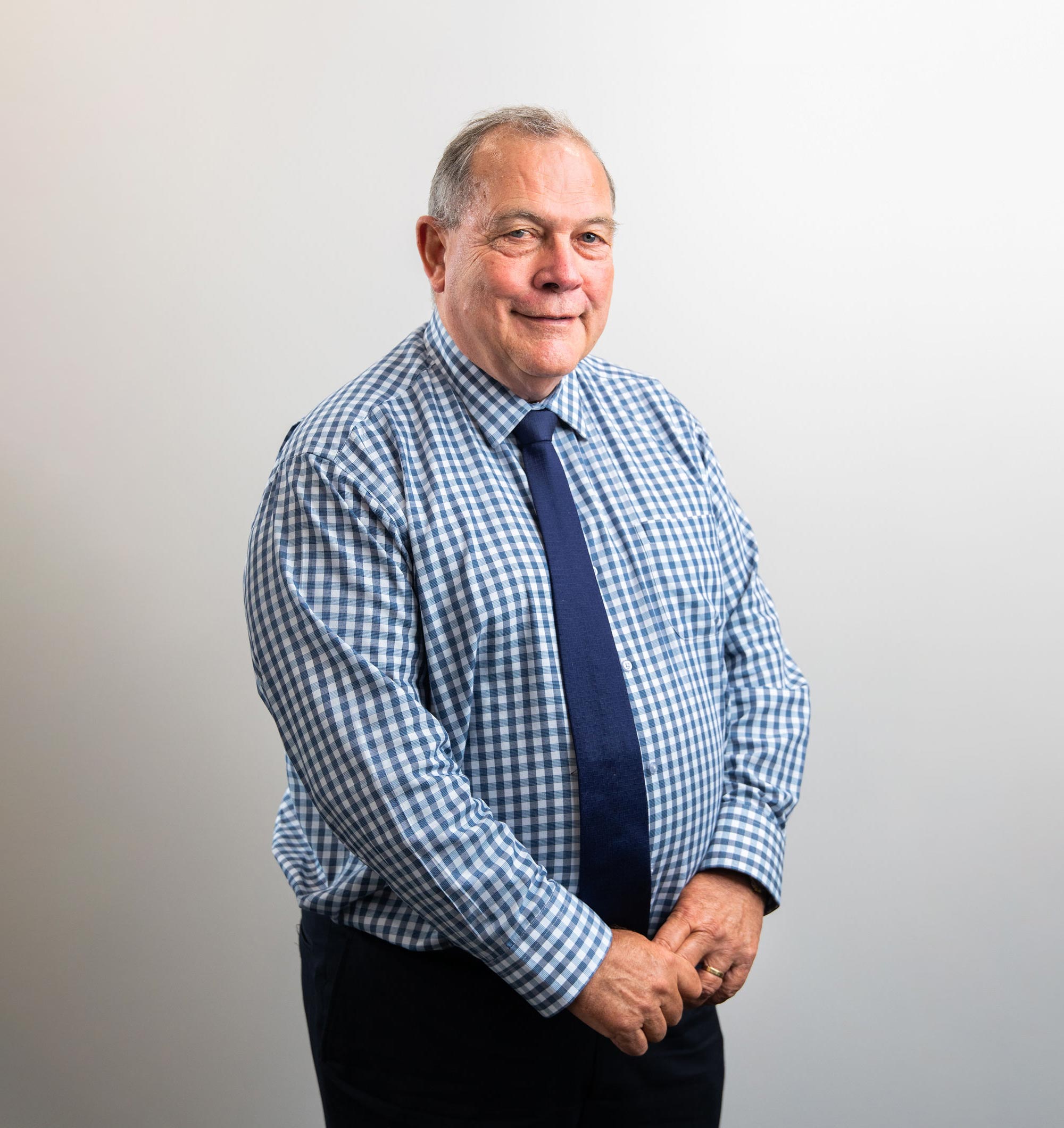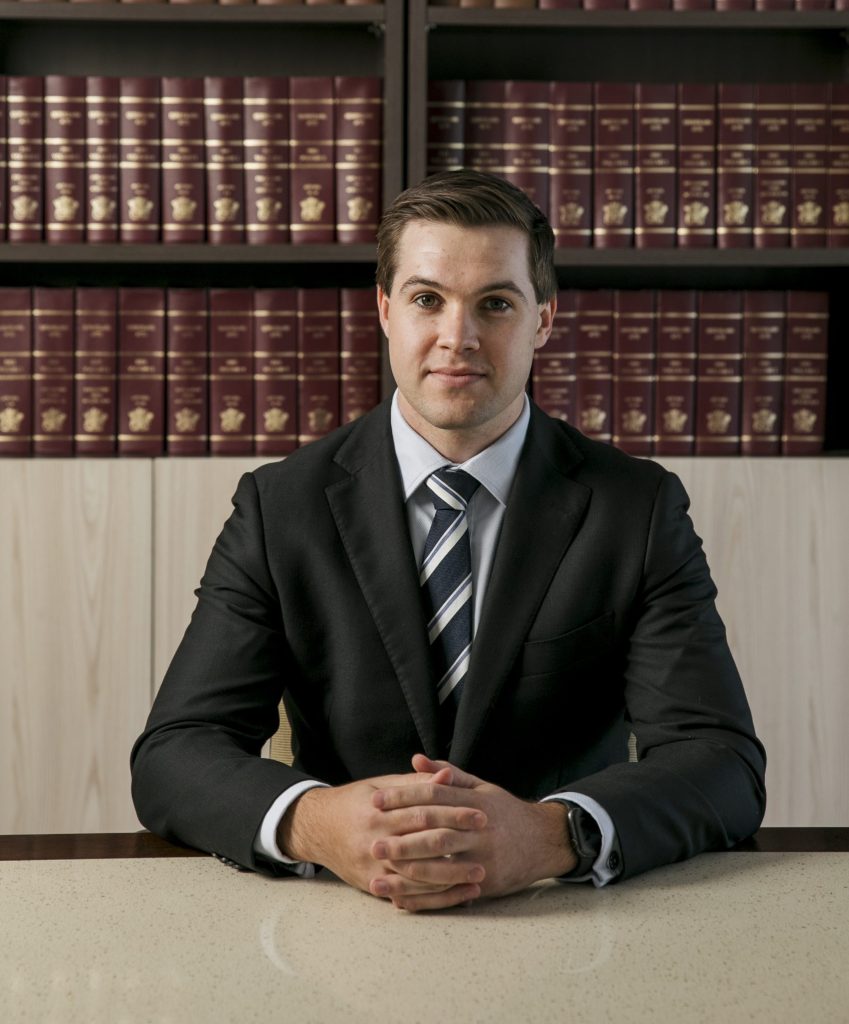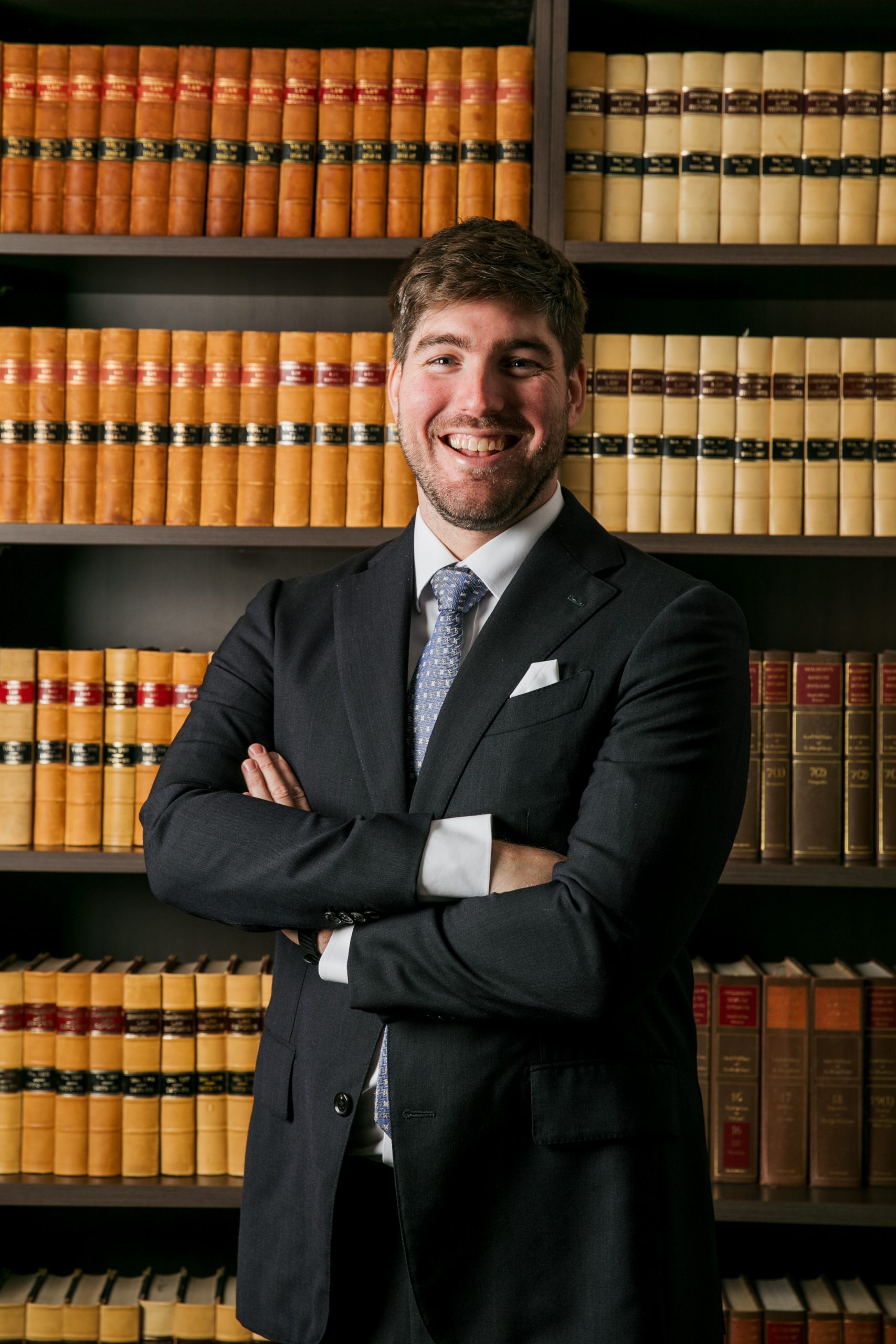It is very common for older couples or individuals to want to sell up the family home and build a granny flat on one of their children’s properties. This way, their nearest and dearest family can be around and help them in their later years, and there is often the added bonus of grandchildren being nearby!
However, there are a few legal and financial considerations to be made in these situations.
Your Pension
If you are entitled to receive the pension, selling the family home and substantially increasing cash savings will usually result in a recalculation of (and a decrease in) your pension payments. You are strongly recommended to speak to your accountant to obtain some financial advice.
However, this scenario is often easily overcome by ‘purchasing’ a granny flat to build on one of your children’s (or friends’) properties. To satisfy Centrelink, you will need to enter into a Granny Flat Agreement (also known as Granny Flat Interest or Granny Flat Right).
Your Investment
However, a Granny Flat Agreement does more than satisfy Centrelink. It also protects you and your property investment. It is evidence of the agreed legal arrangement between yourself and your family.
It will set out:
- How much you are paying for the right to reside in the Granny Flat property.
- Whether you are installing and paying for the Granny Flat yourself, or whether your children are.
- Who is required to contribute to the flat’s property costs – such as council rates, bin collection, water usage and charges and electricity.
- How long you are able to be there.
- What happens if you can no longer live in the Granny Flat and need a higher amount of care.
- What happens if the property gets sold? Are your children required to source alternate accommodation?
- Under Property Law, what happens when you die? Your children have a substantial improvement on their property. Do they have to repay any money back to your Estate? Or does the improvement or money become that child’s part or whole inheritance?
Because of these matters (and usually many more matters), it is very important that a Granny Flat Agreement be prepared as it will outline everybody’s understanding and agreement of the terms and conditions set forth under law.
Registering your Granny Flat Agreement
Whilst you can register a lease on the property title (in the Queensland Land Titles Office). You cannot register a Granny Flat Agreement. However, there is still legal provision to protect your right to reside on the land, in the Granny Flat.
Under Property Law, you can register a Life Interest in Land. A Life Interest is an interest to live on a property for life. It ends automatically on your death.
A life interest most commonly comes about when someone leaves everything in their Will to their kids, on the condition that their spouse has the right to reside in the family home until they also pass away. That right to reside, is the Life Interest. It is also sometimes called a ‘life estate’ by estates and will solicitors.
In the context of granny flat arrangements, a Life Interest is a very effective way to make sure (whatever happens), you are able to live in the Granny Flat for the rest of your life, or until you surrender (or give up) the life Interest.
It means you are able to live in the Granny Flat even if the property is sold to a third party, even if your children get divorced or go bankrupt.
There are, of course, other legal implications with registering a Life Interest. For example, it can affect your children’s ability to refinance or obtain more finance.
All these matters can be discussed with our Nambour property lawyers and will solicitors in Sunshine Coast.
Your Legal Will & Protecting Your Family
One of the biggest questions to be considered when it comes to Granny Flat Interest/Right is whether your payment is required to be repaid by your children, at any time, or when you die.
There are two common scenarios –
- You build a Granny Flat on someone else’s property and live there free of charge. You have improved someone’s else’s property by sometimes $80,000.00 – $150,000.00. Is this a gift or a loan?
- You have gifted or given money to someone else (usually your children), to allow them to build a Granny Flat on their property. You then live there free of charge.
In either of these scenarios does money come back to your Estate when you die? Or, does that money or improvement become a part distribution to one of your children of what they otherwise would have received when you die?
This issue, if not properly dealt with, can often cause disputes in families when you die as sometimes family members unsure of what is supposed to happen begin questioning the Will, and speaking with estates and will solicitors to gain clarity.
If you have invested a substantial amount of money into one of your children or their property (with the Granny Flat), you may not have enough other funds or assets to equally give to your other children in your legal Will when you die.
This often means that your attention also needs to turn to your Will and estate planning, to ensure that it adequately reflects your intentions, and adequately protects from family provision claims on your Estate.
Please contact the Butler McDermott law firm’s Sunshine Coast wills and estates lawyers for a confidential discussion about your individual legal needs and circumstances when it comes to Granny Flat estate planning and your legal Will. There is a lot to consider with these matters and it is important that you are informed about all your options by a well-versed, specialist wills and estate lawyer.







